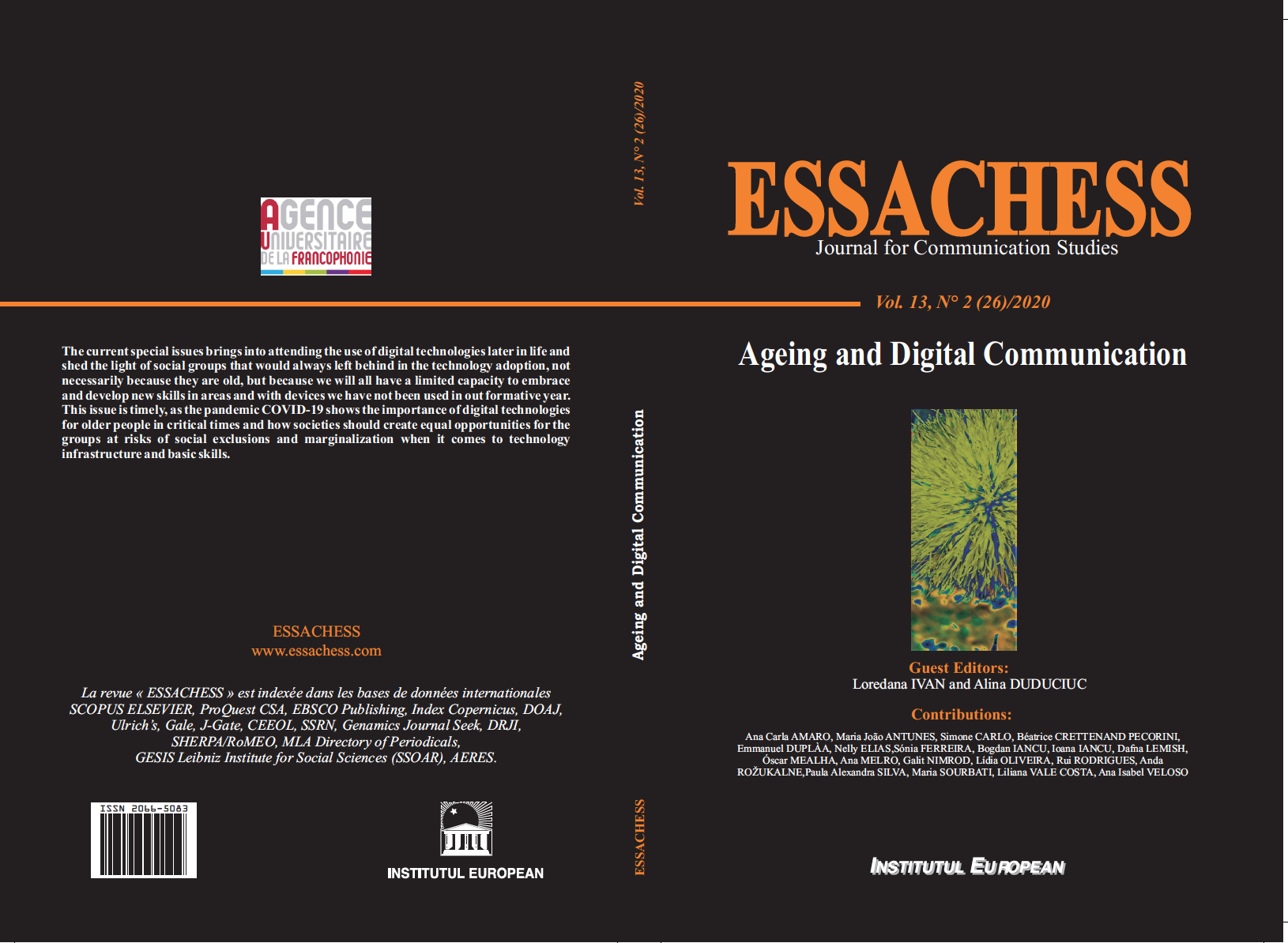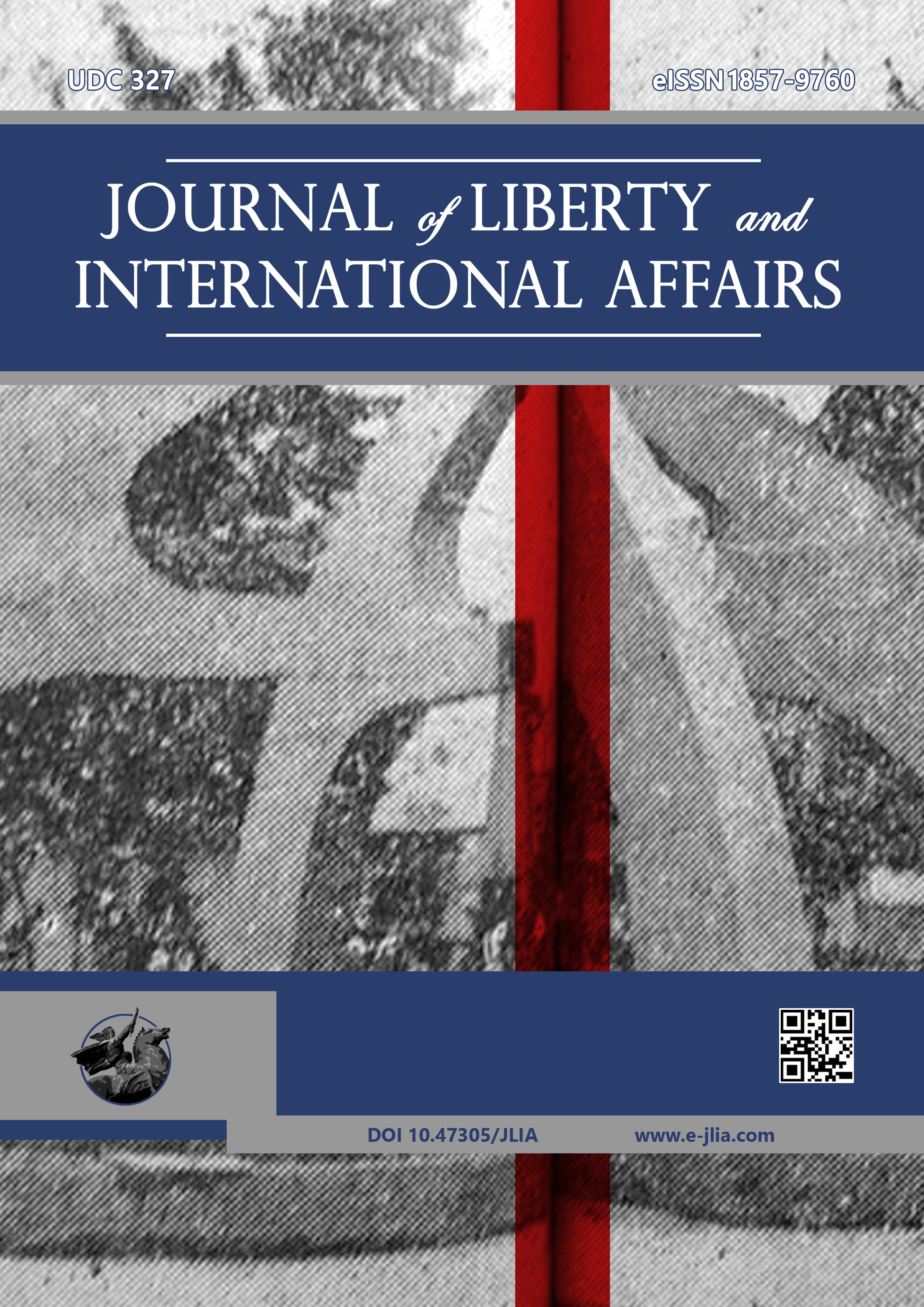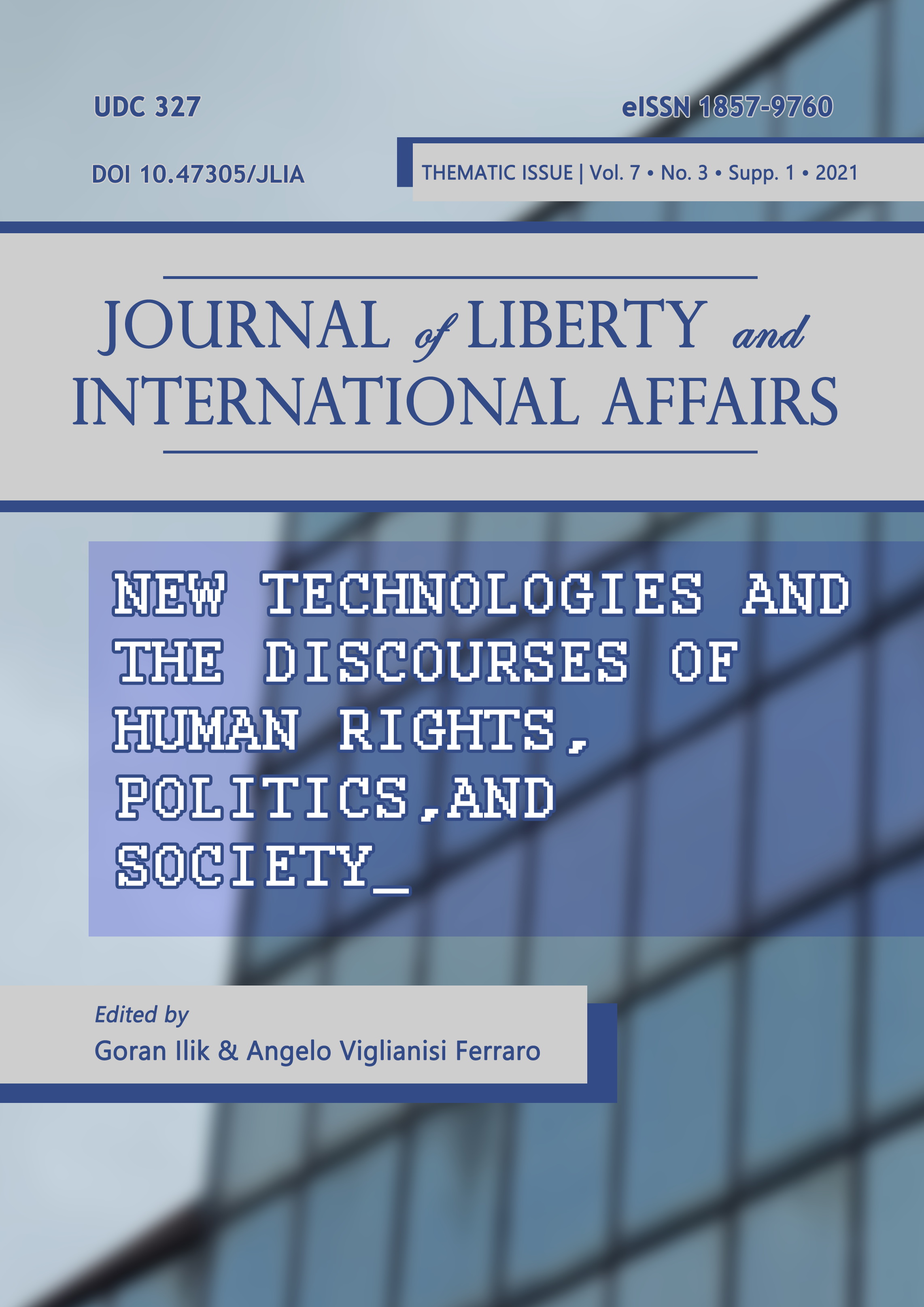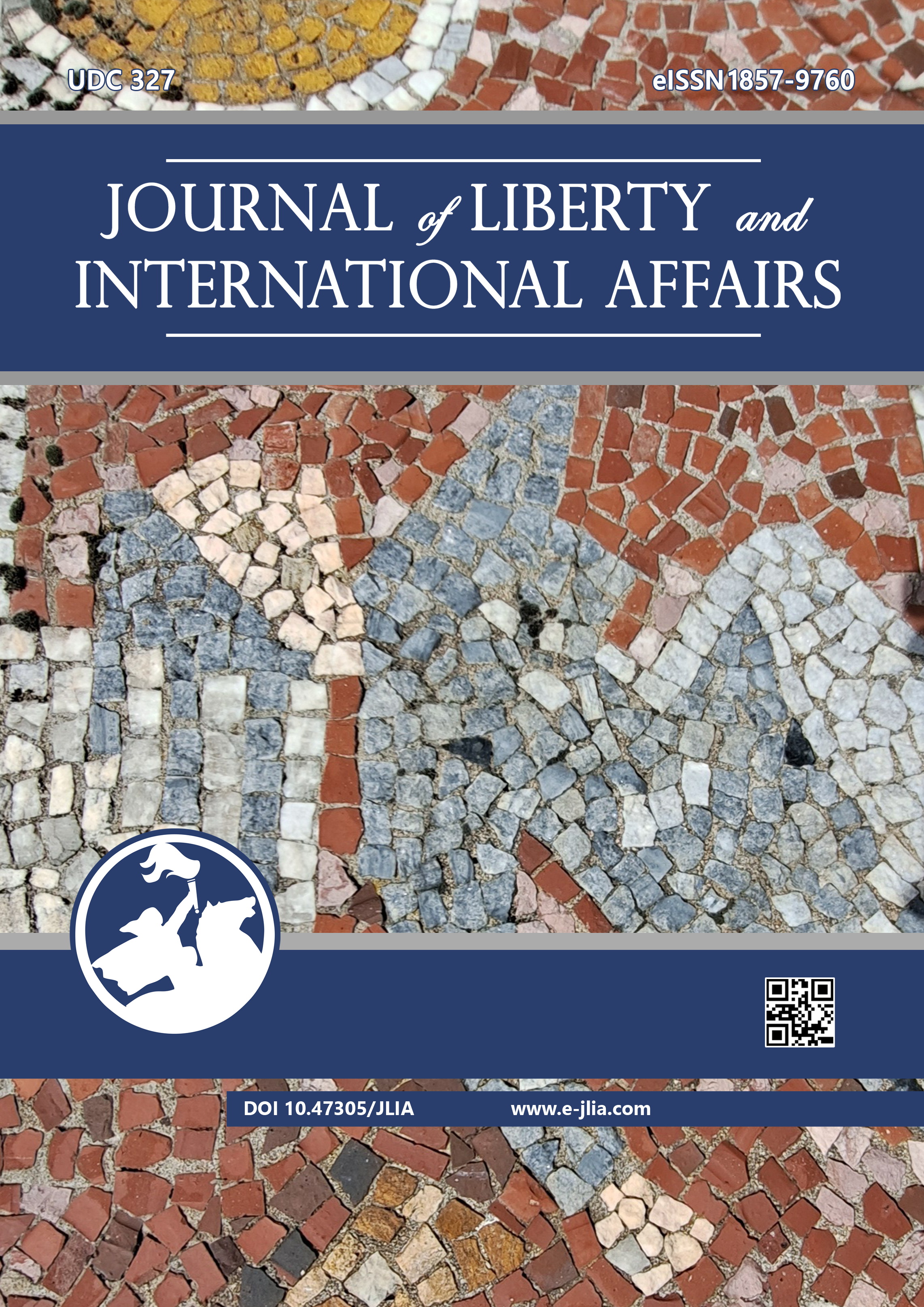
THE GENDER-BASED VIOLENCE AS AN INSTRUMENT OF WARFARE IN ARMED CONFLICTS
The gender-based violence in recent times has become an integral part of the on-going Boko Haram Insurgency in North-East Nigeria. Since the full-scale declaration of combat between the Nigerian state and the insurgent group, the asymmetrical tactics of the group have been evolving, based on its capabilities. The recent spike in the targeted raid and attack on female schools, markets, and female institutions purposely for abduction and kidnapping of women and girls indicated this assertion. Due to the depletion of its fighters and loss of territories, there is a surge in mass deployment of ‘women and young girls’ as material instruments of warfare: fighters, suicide bombers, human shields, bargaining tools, sex slaves, informants, and so on. This article appraises the gender push-pull factors responsible, motivation behind the current behavior, and proffers some policy guidance.
More...








